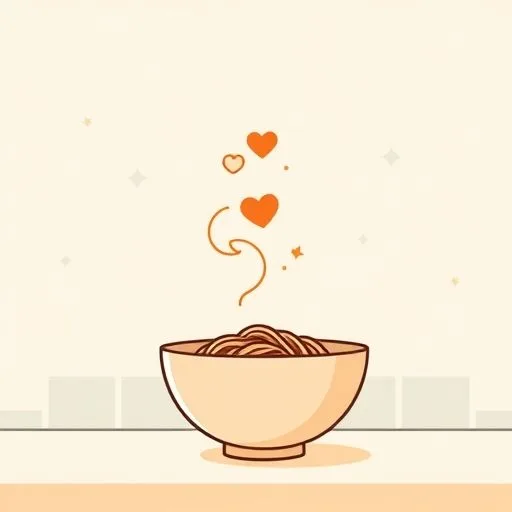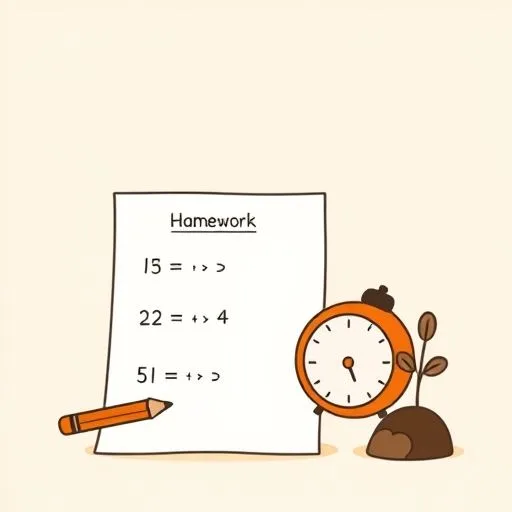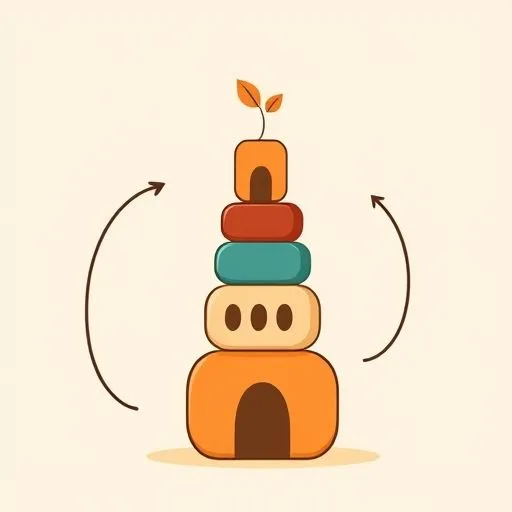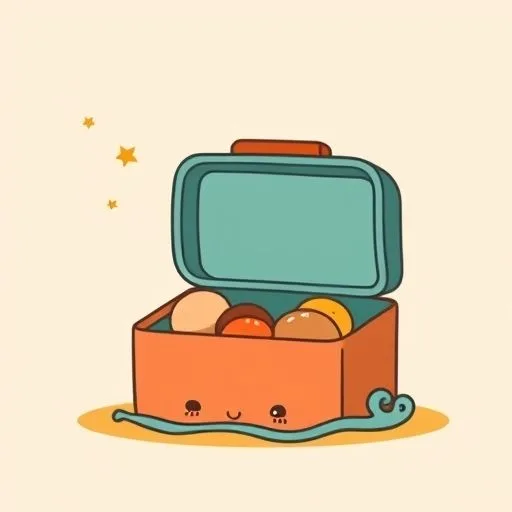
You’ve seen that bowl of cold noodles left on the counter. The one where work calls and homework help interrupted the evening routine. The quiet resilience we build as parents isn’t in the grand gestures—it’s in the unnoticed moments, the way we breathe through the stress, and how we choose gentleness even when the world expects perfection. We’re not just raising children; we’re writing poetry in our silent language of warmth and care.
The Silent Language of Support

That way you look at the math homework? It’s the same look as when you’re solving work problems. The way you pause, choose patience.
Research shows that children thrive on predictability, but what’s more powerful? The way they see you handle the challenge. The way you let them go to bed with an unfinished problem, knowing some battles are better fought tomorrow.
That’s resilience—teaching them to pace themselves, not just to achieve.
The Rhythm Behind the Chaos

The five-minute tidy before dinner matters. It’s not just about cleaning. It’s the rhythm of your hands, the routine you’re building.
When work calls come during your walk, and you’re still nodding to the kids about the school play, you’re teaching them something. That structure isn’t rigid—it’s flexible.
When you’re juggling with grace, we’re building a family language that says, ‘We adapt, we stay together.’
The Strength in Letting Go

That ice cream shared after a hard day teaches more than any textbook. When you’re admitting, ‘I don’t know the answer,’ that’s resilience too.
The research shows children need to feel heard, sure. But the way you listen—that matters. The unexpected pause, moments when you say, ‘Let’s park this,’ and go to the playground instead.
These are the moments that build resilience—not just for them, but for us.
The Warmth of the Unfinished

The noodles left on the counter will still be there tomorrow. The way you still make sure the kids’ lunch boxes are full—even if it’s leftover rice—shows something deeper than sacrifice.
The Korean way of ‘han’ isn’t just enduring hardship. It’s about finding joy in the cracks between work and exhaustion. The way we laugh together about the cold noodles, our shared history of resilience.
And that’s the real strength—the quiet understanding that we’re building a safe harbor, even when the storm rages outside.
Source: From Least Privilege to Adaptive Privilege: BA’s Role in Dynamic Access Control, Modern Analyst, 2025-09-28
